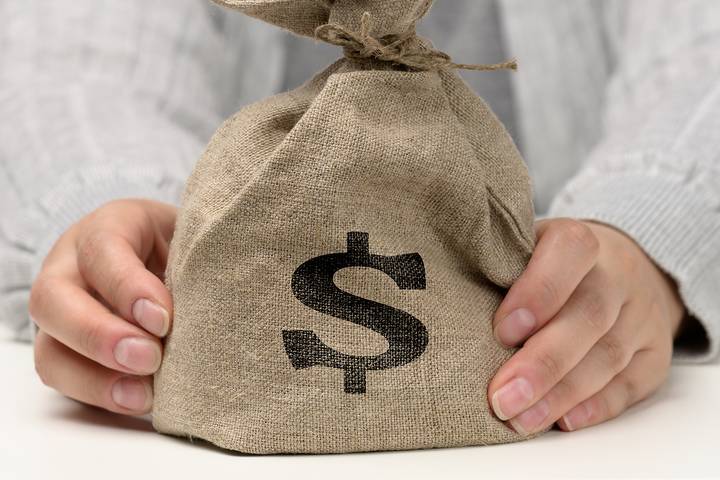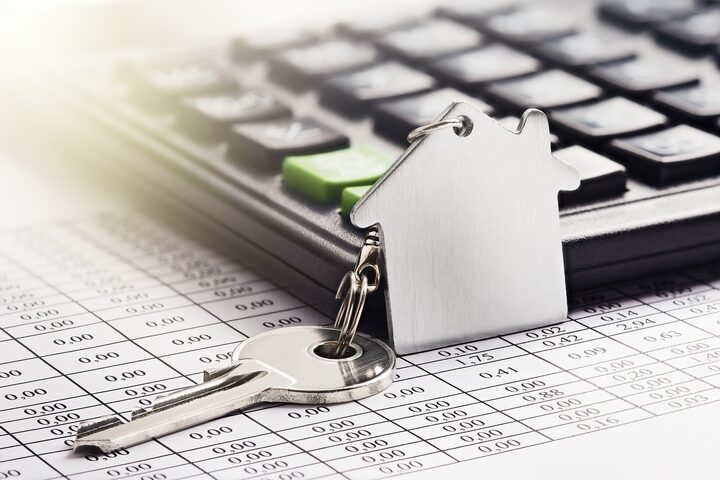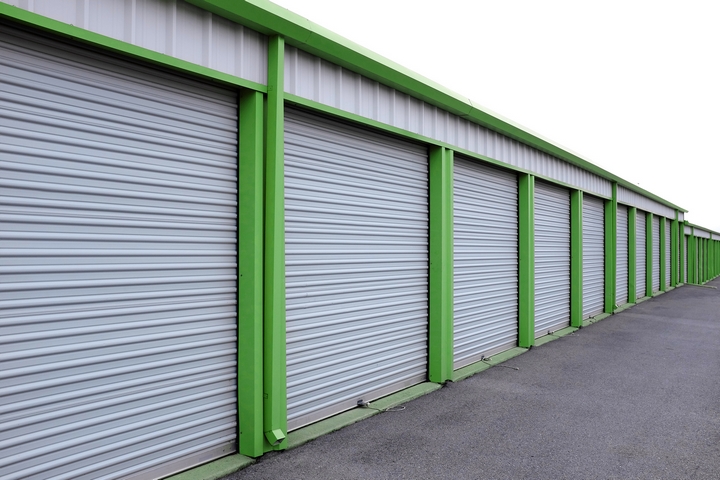Your mortgage is a massive debt. You will pay tens of thousands of dollars in interest throughout your mortgage. The faster you pay off your mortgage, the less interest you have to spend and the closer you get to owning your home outright. Though it can feel like an uphill battle, if you budget and prioritize your mortgage payments correctly, there are many strategies you can use to achieve financial freedom.
Here are some easy-to-use tips for paying off a mortgage faster.
Pay in one lump sum

A lump sum payment shortens the time to pay off your mortgage. If you come into a windfall of money, try to make a lump sum payment that falls within the parameters of the annual percentage limit of your mortgage.
Determine your prepayment penalty

Paying off your mortgage early may incur a prepayment penalty. Know what it is and the budget for it. Discuss it with your mortgage agent and ask about your options if you cannot cover the prepayment penalty. Don’t break your mortgage contract if the penalty is too high.
Mortgage brokers can help you refinance

Contact a mortgage broker. Compare the terms of mortgages from different lenders. Find better terms than what you’re paying and renegotiate your mortgage on better terms where repayment penalties are limited or non-existent.
Make a larger mortgage payment each month

Increasing your monthly payment is a simple way to pay off your mortgage faster. You can request this from your lender, and most lenders allow it. You will pay back your borrowed capital quicker than ever if you increase your monthly payments by 100%, 75%, 50%, or even 25%.
Every month, add a little extra to your payment

Instead of setting up a formal arrangement for increased monthly payments, add an extra each month on top of what you owe. An extra $50-$100 paid towards your principal each month over the lifetime of your mortgage will shave years and thousands in interest.
Ensure extra payments are applied to your principal

Whether it’s a lump sum, an extra on top of your monthly payment, or another extra payment, call your lender beforehand. Ensure these extras are put towards your principal. If not, the extra on top of a payment may be absorbed into the following month’s mortgage payment.
Get the best rate on your mortgage

If you renegotiate and are offered the best interest rate you’ve seen, lock it in. Choose a fixed-rate mortgage over a variable-rate mortgage. When you lock in your interest rate, you can budget for it over the long term. A strong low-interest rate also means you pay less over time.
Find out how much you owe on your mortgage

Before you refinance your mortgage, use a mortgage calculator to modify different variables and see how to maximize your monthly pay. Estimate your payment. Discover ways to increase your monthly payment without an early prepayment fee.
Create a monthly budget that works for you

Consolidate any non-mortgage debt you have. Reduce expenditures and spending. If there are ways to increase income, take advantage of them. Improve and optimize your monthly budget so that the surplus you walk away with at the end of the month can be invested in your mortgage.
Pay biweekly

Bi-weekly payments are made every two weeks. This pays off your house much faster, approximately 6-8 years faster than if you paid your mortgage monthly. Some homeowners even accelerate payments by setting up a weekly schedule. These structures create additional payments that add up and reduce your principal.
Short-term mortgages are a good option

A short-term mortgage with a 5-year term is common among Canadians. As interest rates are high today but scheduled to come down in the future, if you utilize a short term, when you have to renew your mortgage after the term is up, you can take advantage of what will hopefully be a much lower interest rate.
Don’t take money from your savings

While paying off your mortgage, don’t take anything from your savings, retirement, or investment portfolio. Keep funding those accounts, and don’t let them fall behind. So long as your mortgage is in good standing, it will always be stable. It should not be your sole financial priority.
Wait for the renewal of your mortgage

Ultimately, to avoid penalties with extra payments, talk to your lender about paying off your mortgage faster. They may offer options without prepayment penalties. If you cannot do much today, simply put that extra money into a savings account and sit on it.
When your mortgage term ends, and you have to renew it, it’s time to put that extra money in and change the conditions of your mortgage.













